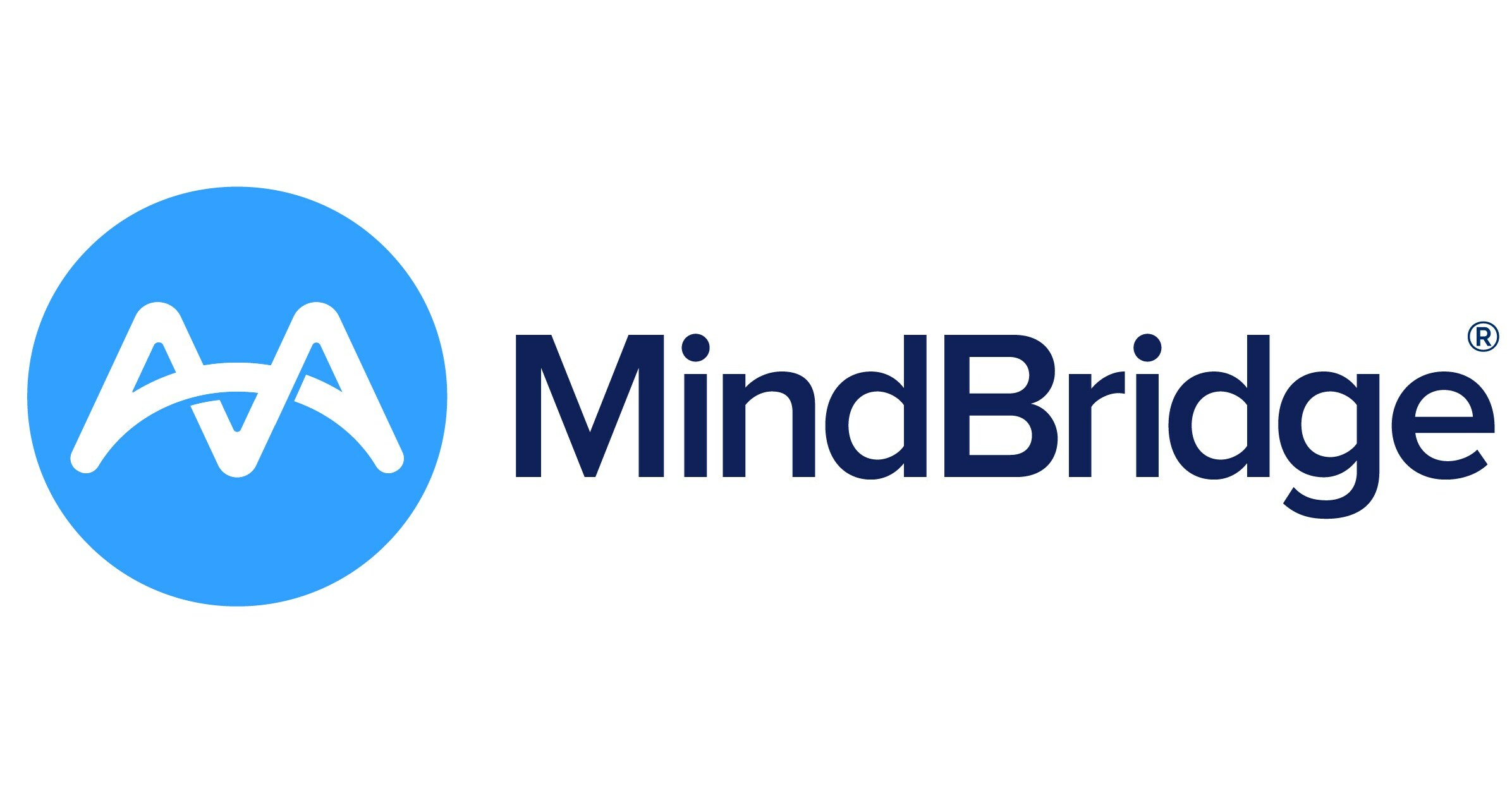The IRS says that fewer taxpayers are expected to itemize deductions on their 2018 tax returns (filed during spring 2019). This is because the standard deduction was doubled and some deductions were eliminated as a result of the 2018 tax reform law.
In previous years, about one out of three taxpayers itemized. The IRS expects that number to be less for tax year 2018. The Tax Cuts and Jobs Act (TCJA) passed in December 2017, significantly affects deductions in several ways, impacting those taxpayers who normally itemize.
The TCJA doubles the standard deduction amount for all filing statuses. The standard deduction is a dollar amount that reduces the amount of income on which a taxpayer is taxed and varies according to their filing status. Because of this, many qualifying taxpayers may find the increased standard deduction more than their total itemized deductions and opt for choosing the standard deduction rather than itemizing.
Taxpayers should check their 2017 itemized deductions to make sure they understand what the tax reform changes could mean for their tax situation in 2018. Those who still plan to itemize will complete an updated version of Schedule A, Itemized Deductions, and attach it to their tax return.
Publication 5307, Tax Reform Basics for Individuals and Families, is a key resource to understanding the impact of the tax reform law on deductions. The publication provides information about:
- increasing the standard deduction,
- suspending personal exemptions,
- increasing the child tax credit,
- adding a new credit for other dependents, and
- limiting or discontinuing certain deductions.
The IRS reminds taxpayers that the best way to file an accurate tax return is to use tax software and e-file or seek the help of a tax professional who will prepare and e-file their tax return. The IRS offers tips for choosing a tax professional.
Taxpayers who earned less than $66,000 in 2018 may qualify for IRS Free File and can access no cost tax software online.
The IRS Volunteer Income Tax Assistance and Tax Counseling for the Elderly programs offer those taxpayers who earned less than $55,000 in 2018 free face-to-face tax return preparation and free e-file from IRS-trained volunteers. For more information and locations, go to IRS.gov/VITA.
Thanks for reading CPA Practice Advisor!
Subscribe Already registered? Log In
Need more information? Read the FAQs



